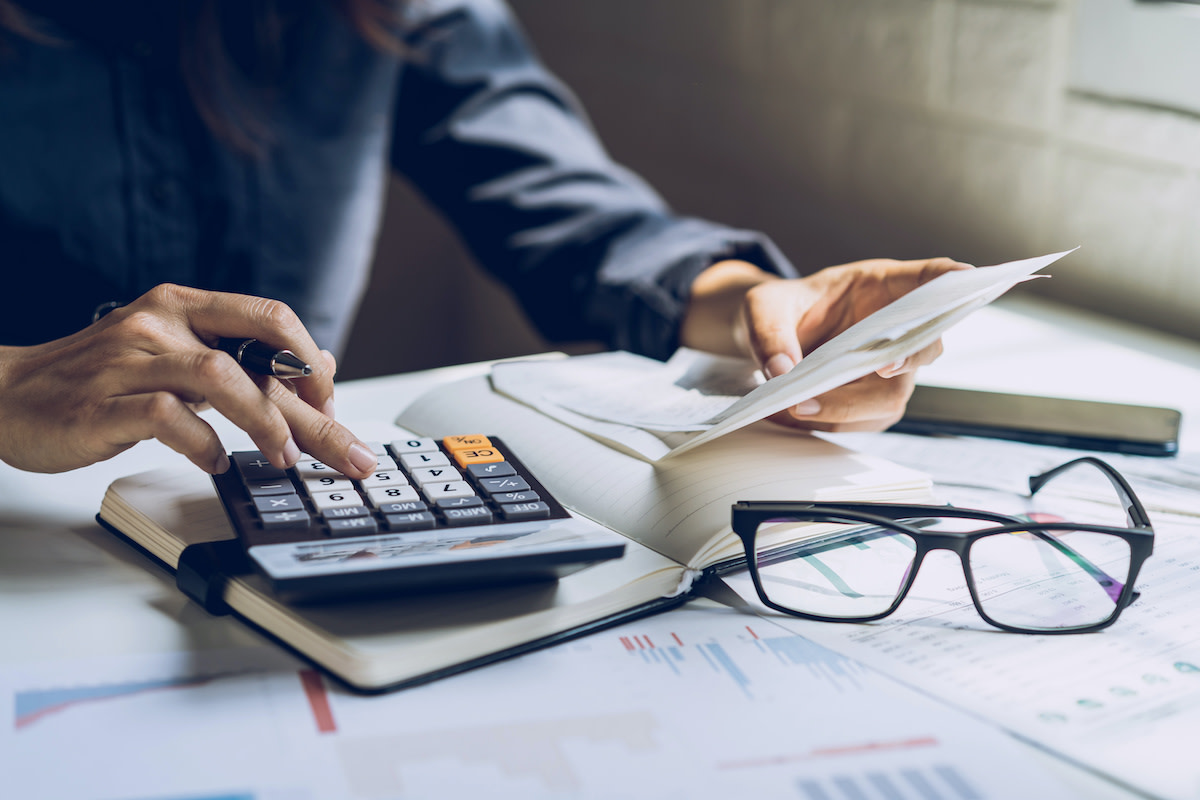Loss Aversion Explained: 3 Examples of Loss Aversion
Written by MasterClass
Last updated: Jun 7, 2021 • 3 min read
In the world of business, it can be easy to place a higher value on avoiding losses than on potential gains. This principle is known as loss aversion.
Learn From the Best
What Is Loss Aversion?
Loss aversion is a condition described by behavioral economists where a person places greater value on avoiding losses than on attaining potential gains. The term "loss aversion" first appeared in a 1979 paper by psychologists Daniel Kahneman and Amos Tversky. Kahneman's subsequent research into the cognitive processes and psychological science behind economic behavior earned him the 2002 Nobel Prize in economics.
The concept of loss aversion reveals a cognitive bias you may have when comparing potential losses to equivalent gains. In their academic writing, Kahneman and Tversky explain how even in something as random as a coin toss, you might place greater emotional impact on the fear of loss (and its related negative outcomes) than on the positive outcomes associated with gain. By articulating the idea of loss aversion, the researchers were able to explain how scenarios in people's everyday lives were governed by fear.
Why Is It Important to Understand Loss Aversion?
Understanding loss aversion can help you make business decisions.
- It can help you make investments. Studies of human brain activity offer empirical evidence that big investment decisions are not merely decided by the rational parts of our brains. Emotional, more primal sectors of our brain also contribute to these decisions, and these more primitive parts of our brain may exhibit a loss aversion bias that likely developed as an evolutionary tool.
- It enables you to avoid sunk cost fallacy. In behavioral economics, the sunk cost fallacy describes how some people—unwilling to concede a loss on a bad investment—continue to pump money into a bad decision. For instance, they may impulsively buy an unreliable car and continually spend money to keep it up and running, when it may make more sense to sell the car. The unwillingness to concede a loss can motivate irrational behavior.
- It helps you evaluate consumer behavior. Reactions to price increases, free trials, and limited-time offers may be attributed to a myriad of phenomena, but the loss aversion principle is among them. When crafting a marketing strategy, consider how loss aversion bias may affect your consumers’ buying habits.
3 Examples of Loss Aversion
- 1. Risk aversion: In everyday life, loss aversion manifests as risk aversion. For instance, say you have an investment opportunity whereby you have a fifty percent chance of quintupling your initial investment and a fifty percent chance of losing your money. This is a reasonable risk to take, as the potential gain is considerably higher than the potential loss. Yet neuroeconomic studies by the likes of Daniel Kahneman, Amos Tversky, Richard Thaler, and others have shown that for many humans, the potential pain of a loss overwhelms the brain's computational processes and might prevent you from making a rational investment bet.
- 2. The endowment effect: Described by Daniel Kahneman, Jack Knetsch, and Richard Thaler, the endowment effect describes the way humans assign greater value to specific goods that they own than to identical goods they do not own. Accordingly, they may not be willing to risk losing an existing asset to gain something they never had in the first place. The authors demonstrated in a 1990 behavioral sciences paper that the endowment effect is rooted in the principle of loss aversion (and not related to other factors such as transaction costs or income effects).
- 3. Status quo bias: More recent studies have supported the work of Kahneman et al. by showing that captive capuchin monkeys also demonstrated loss aversion when given a form of money they could exchange for food. Studies in both 2005 and 2008 observed that the monkeys behaved much like human investors. Namely, they favored holding on to what they had over the marginal utility of perhaps gaining a bit more money. These observations, combined with previous findings in humans, indicate that a bias to preserve the status quo may be innate in primates.
Learn More
Get the MasterClass Annual Membership for exclusive access to video lessons taught by masters, including Bob Iger, Sara Blakely, Paul Krugman, Robin Roberts, Chris Voss, and more.
